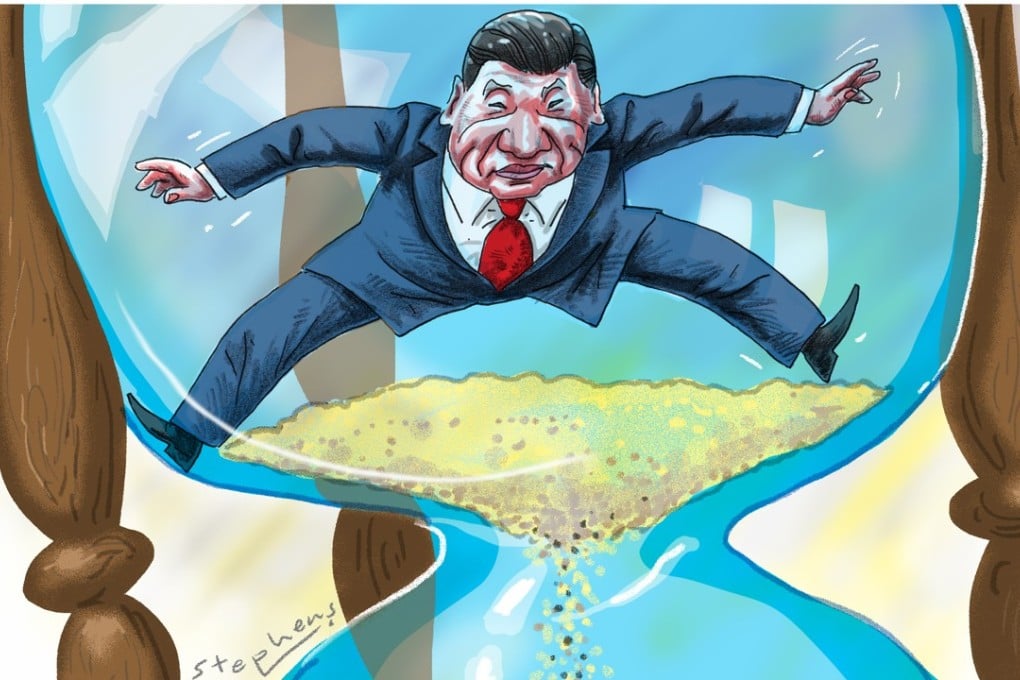China’s president for life? Not Xi Jinping, a student of history
Deng Yuwen says even with the removal of presidential term limits, Xi is too mindful of the lessons of history and the need to win over public opinion to consider holding power till his death

The government has kept its comments vague. When questioned by foreign media at a press briefing on March 4, parliamentary spokesman Zhang Yesui said only that the constitutional change would help to “strengthen and improve China’s leadership system”. The party’s official newspaper, People’s Daily, was more elaborate. In one article on the significance on the constitutional revision, it made clear that party and state leaders were still expected to follow the rules on retirement. It even quoted from the party charter, which clearly states that “leading party cadres at all levels, whether elected through democratic procedure or appointed by a leading body, are not entitled to lifelong tenure”.
I believe that in scraping the term limits, Xi wants to centralise power so he can mobilise the government and people to work for the realisation of the Chinese dream of national rejuvenation. So Xi’s grip on power will last as long as it is needed to get the job done, and no more.
For Xi Jinping, do titles matter more than they should?
It is unlikely he wants to hold on to power for life – for three reasons. One, to win support for the constitutional revision, Xi might have had to assure the other senior party leaders that he would not stay in power for life.
Were Xi to try to hold on to power for life, the party’s legitimacy would be called into question
To repeal the term limits, Xi would have needed the consent of senior party members. If he is forcing the rule change without such a consensus, he may worsen divisions in the leadership, which would impede the working of his own government. Thus, Xi is likely to have promised the party elite that he would not wreck the institution of political succession by staying in power for life.
Second, the negative reaction among many Chinese people to the removal of the term limits has put pressure on Xi and his team, and he will surely think twice about any attempt to remain in office indefinitely. Although there is no authoritative poll showing the number of people in support or opposition, among the middle class and liberals at least, many were baffled or upset by the move. This is reflected by the strong reaction on social media.
Watch: Xi’s power play criticised on social media
Of course, the people are powerless to stop the constitutional change, but the government’s move has eroded some public support for Xi and the Communist Party. Were Xi to try to hold on to power for life, he would upset even more people, and the party’s legitimacy would be called into question. This would undermine Xi’s ambition to unify the people in pursuit of the Chinese dream.